In the ever-evolving field of agriculture, the efficiency and productivity of farmers have significantly improved with the advent of modern farm equipment. Through the years, advancements in technology have revolutionized farming practices, enabling farmers to accomplish more with less effort. This article explores the crucial role of farm equipment in enhancing efficiency and sustainability within the agricultural sector. Enhancing Efficiency: Modern farm equipment has played a pivotal role in streamlining farming operations, significantly reducing manual labor and time consumption. The introduction of mechanical machinery, such as tractors and combine harvesters, has replaced traditional manual cultivation, reaping, and transportation processes with highly efficient methods.
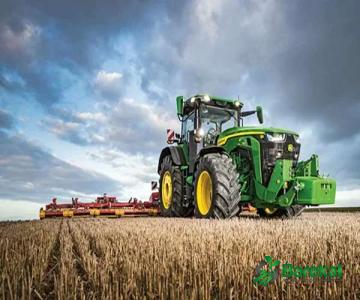
.
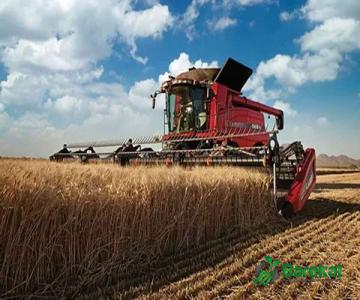 These machines have improved crop yield and quality while minimizing labor costs. Farmers benefit from increased productivity, reduced workload, and improved precision in various agricultural activities. Mechanization also plays a fundamental role in ensuring efficient land preparation for cultivation. Equipment such as plows, tillers, and seeders allow for faster and more precise planting, which leads to improved germination rates and overall crop productivity. Furthermore, farm equipment like irrigation systems, fertilization machines, and crop protection sprayers maximize the use of resources, helping to optimize water and chemical application, minimizing wastage, and reducing environmental impact. Sustainable Practices: The advancements in farm equipment have not only enhanced efficiency but also promoted sustainable agricultural practices. Sustainable farming aims to efficiently produce high-quality crops while minimizing negative environmental impacts.
These machines have improved crop yield and quality while minimizing labor costs. Farmers benefit from increased productivity, reduced workload, and improved precision in various agricultural activities. Mechanization also plays a fundamental role in ensuring efficient land preparation for cultivation. Equipment such as plows, tillers, and seeders allow for faster and more precise planting, which leads to improved germination rates and overall crop productivity. Furthermore, farm equipment like irrigation systems, fertilization machines, and crop protection sprayers maximize the use of resources, helping to optimize water and chemical application, minimizing wastage, and reducing environmental impact. Sustainable Practices: The advancements in farm equipment have not only enhanced efficiency but also promoted sustainable agricultural practices. Sustainable farming aims to efficiently produce high-quality crops while minimizing negative environmental impacts.
..
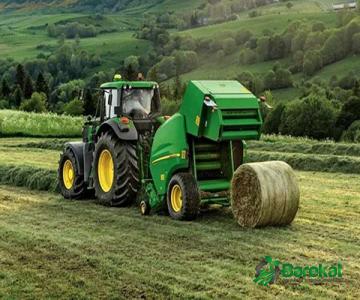 To achieve this, modern farm equipment optimizes resource usage, reduces greenhouse gas emissions, and protects natural habitats. Precision agriculture, made possible by GPS technology, allows farmers to precisely apply fertilizers, herbicides, and pesticides only where needed. This minimizes overall chemical use, reduces environmental contamination, and protects water sources from contamination. Irrigation systems with moisture sensors and automation capabilities help conserve water by providing crops with precise amounts of water when and where necessary. By preventing over- and under-irrigation, these systems reduce water waste and energy consumption, leading to more sustainable farming practices.
To achieve this, modern farm equipment optimizes resource usage, reduces greenhouse gas emissions, and protects natural habitats. Precision agriculture, made possible by GPS technology, allows farmers to precisely apply fertilizers, herbicides, and pesticides only where needed. This minimizes overall chemical use, reduces environmental contamination, and protects water sources from contamination. Irrigation systems with moisture sensors and automation capabilities help conserve water by providing crops with precise amounts of water when and where necessary. By preventing over- and under-irrigation, these systems reduce water waste and energy consumption, leading to more sustainable farming practices.
…
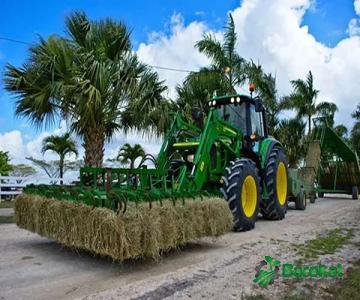 In addition to environmental benefits, modern farm equipment also supports worker safety. The use of machinery reduces the physical strain on farmers, mitigating the risk of injuries and health issues associated with manual labor. Conclusion: Farm equipment has revolutionized the world of agriculture, enabling farmers to embrace efficient and sustainable practices. From reducing manual labor to precision farming and resource optimization, modern equipment has positively impacted the productivity, profitability, and environmental impact of agricultural operations. As technology continues to advance, we can expect further innovation in farm equipment, leading to a more sustainable and efficient future for agricultural practices.
In addition to environmental benefits, modern farm equipment also supports worker safety. The use of machinery reduces the physical strain on farmers, mitigating the risk of injuries and health issues associated with manual labor. Conclusion: Farm equipment has revolutionized the world of agriculture, enabling farmers to embrace efficient and sustainable practices. From reducing manual labor to precision farming and resource optimization, modern equipment has positively impacted the productivity, profitability, and environmental impact of agricultural operations. As technology continues to advance, we can expect further innovation in farm equipment, leading to a more sustainable and efficient future for agricultural practices.

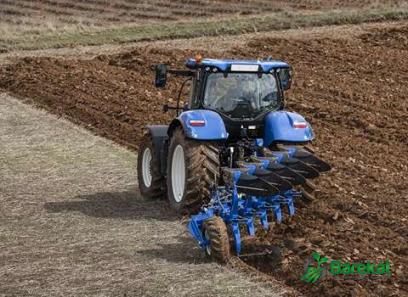
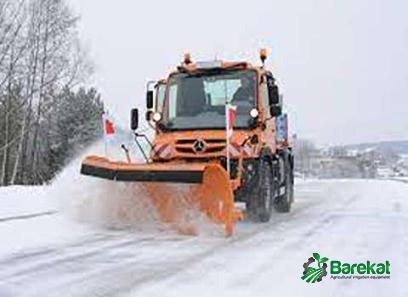
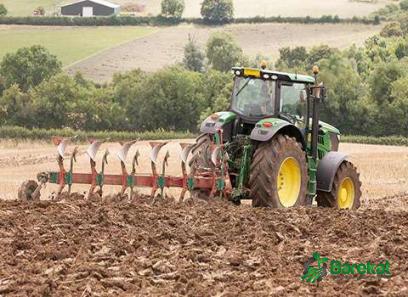
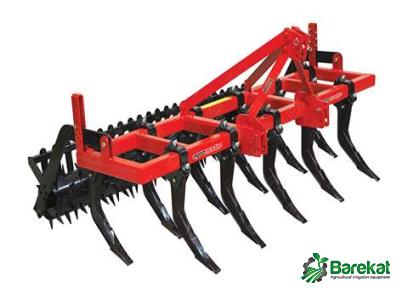

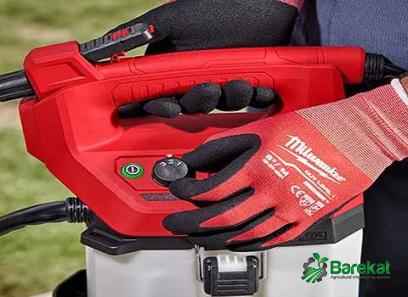
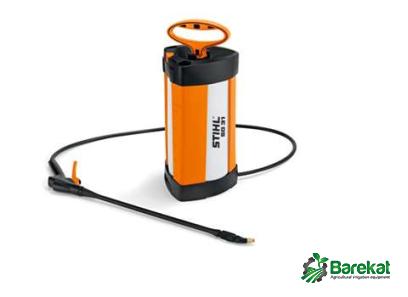
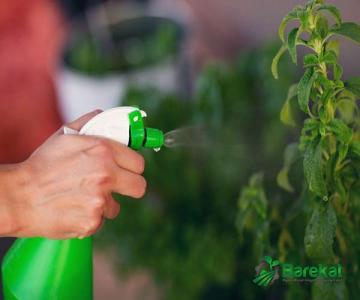
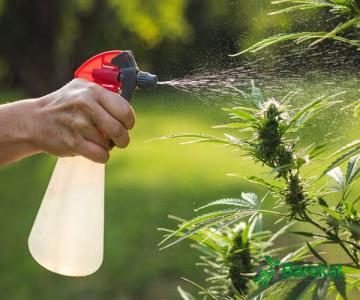
Your comment submitted.